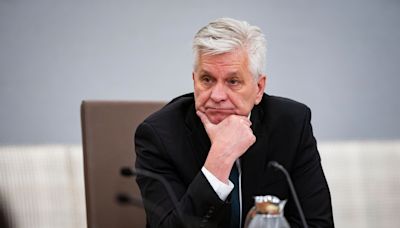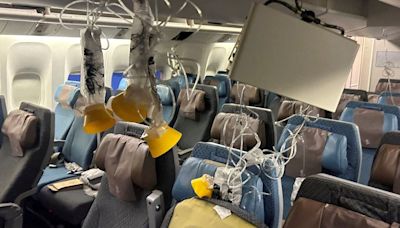Search results
Iceland (Icelandic: Ísland, pronounced ⓘ) is a Nordic island country between the North Atlantic and Arctic Oceans, on the Mid-Atlantic Ridge between North America and Europe. It is linked culturally and politically with Europe and is the region's most sparsely populated country.
The recorded history of Iceland began with the settlement by Viking explorers and the people they enslaved from Western Europe, particularly in modern-day Norway and the British Isles, in the late ninth century. Iceland was still uninhabited long after the rest of Western Europe had been settled.
Iceland ( Icelandic: Ísland; [ˈistlant] ( listen)) is an island country between the North Atlantic and Arctic, between Greenland and Norway, formerly a possession of Denmark. It is culturally considered to be part of Europe. Iceland is 301 kilometers east of Greenland and 1001 kilometers west of Norway.
3 days ago · Iceland, island country located in the North Atlantic Ocean. Lying on the constantly active geologic border between North America and Europe, Iceland is a land of vivid contrasts of climate, geography, and culture. The country’s capital is Reykjavik. Learn more about Iceland, including its history.
Iceland is a Nordic island country between the North Atlantic and Arctic Oceans, on the Mid-Atlantic Ridge between North America and Europe. It is linked culturally and politically with Europe and is the region's most sparsely populated country.
Iceland is an island country at the confluence of the North Atlantic and Arctic oceans, east of Greenland and immediately south of the Arctic Circle, atop the constructive boundary of the northern Mid-Atlantic Ridge. The island country is the world's 18th largest in area and one of the most sparsely populated.
May 7, 2024 · Iceland is an island nation in the North Atlantic Ocean. Iceland is one of the Nordic countries, and therefore culturally part of Europe. Because it is so close to the Arctic Circle, the amount of daylight varies dramatically by season. The sun sets briefly each night in June, but it doesn't get fully dark before it comes back up again. It is a ...






